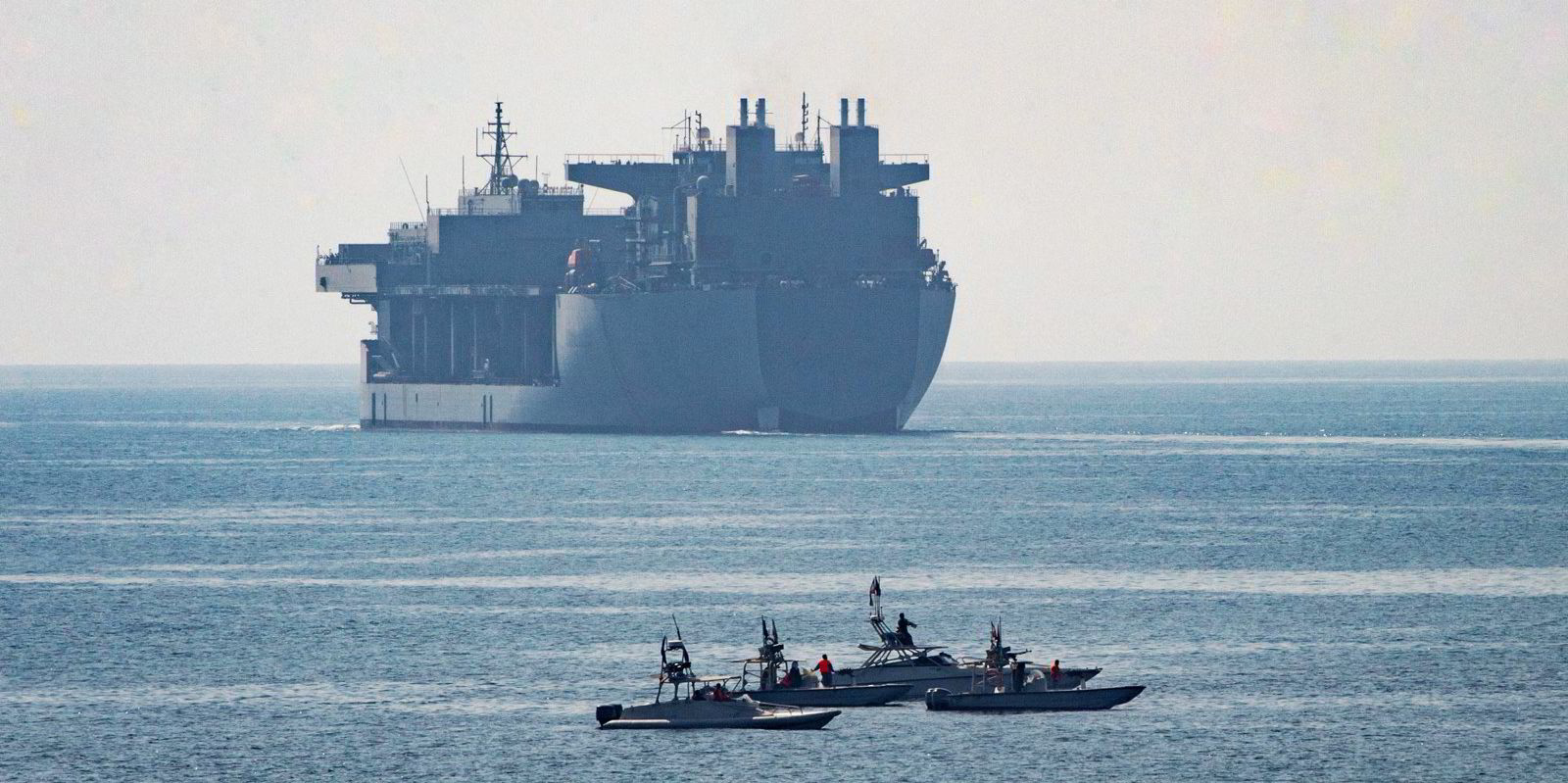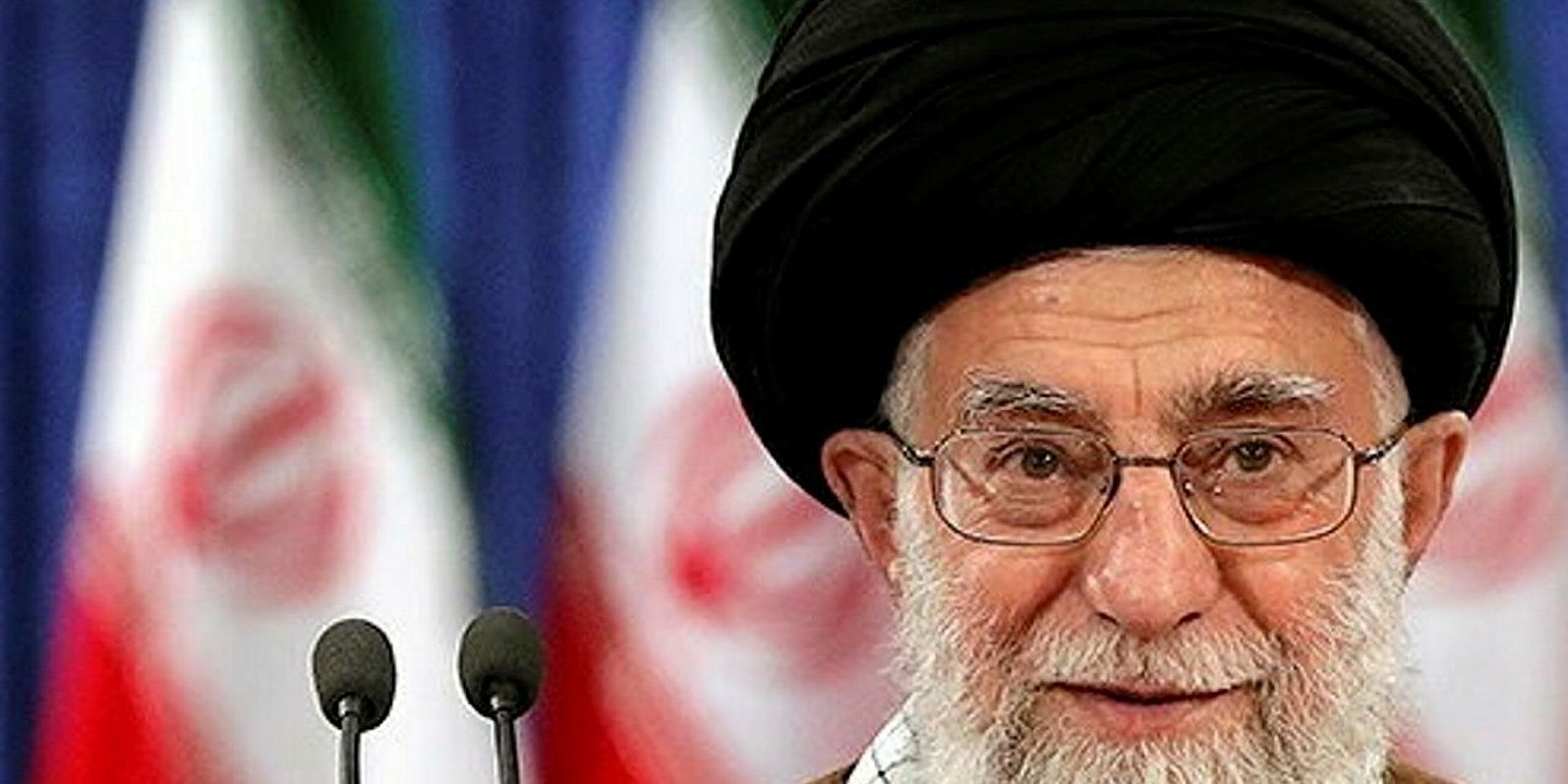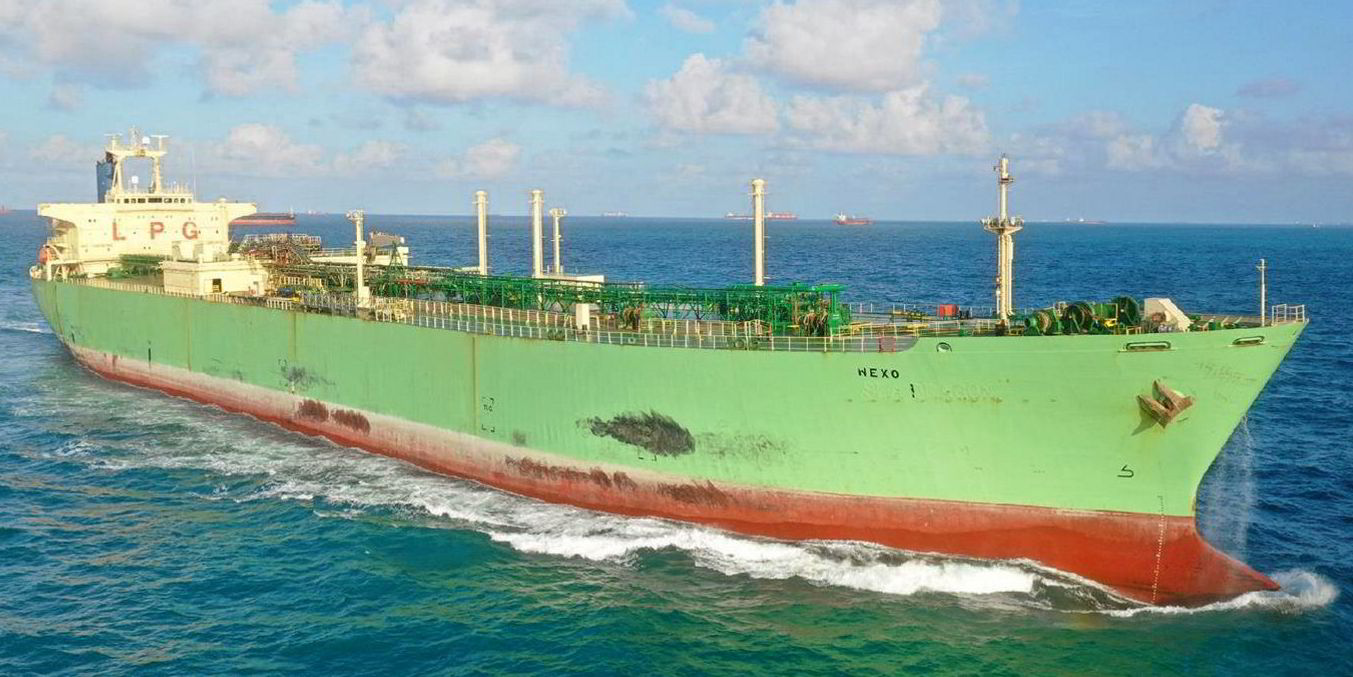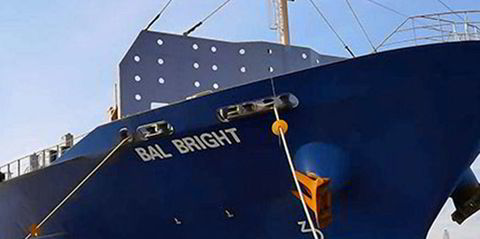The US has achieved an "uneasy deterrence" with Iran after a calmer year in the Middle East's regional waters, the country's top US Navy official in the region said over the weekend.
US Navy 5th fleet commander Vice Admiral Sam Paparo said he had a "healthy respect" for the Iranian forces in the waters of the Middle East Gulf and Strait of Hormuz while speaking at the International Institute for Strategic Studies' Manama Dialogue the US Associated Press (AP) reported.
"We have achieved an uneasy deterrence. That uneasy deterrence is exacerbated by world events and by events along the way," Paparo said.
"But I have found Iranian activity at sea to be cautious and circumspect and respectful, to not risk unnecessary miscalculation or escalation at sea."
The vice admiral's comments come nearly a month after the US-backed International Maritime Security Construct (IMSC) marked its one-year anniversary by celebrating a big drop in "state-sponsored malign activity" in the region.
The IMSC is a nine-member coalition created to monitor the politically-sensitive and economically-critical waterways after Iran allegedly launched multiple attacks on commercial ships in 2019.
Those attacks included mining tankers and the detention of the 50,000-dwt Stena Impero (built 2019) for two months.
In 2020, Iranian forces were said to have boarded the 8,055-dwt Wila (built 1997) in a move said to be in retaliation for its owner agreeing to turn Iranian gasoline bound for Venezuela to the US.
Most recently, a tanker and a cargoship were involved in security incidents off Yemen with Iran-backed Houthi rebels suspected of being the culprits.
The drop in incidents led to UK Royal Navy Commodore and IMSC commander Rob Bellfield to declare "mission success" for the coalition's first year.
Tensions have been high in the region since the US pulled out of a 3-year-old agreement with Iran that saw Tehran agree to scale back its nuclear programme in exchange for lifted sanctions.
When the US dropped out, sanctions were put back on a swathe of the Islamic republic's economy. The US sanctions effort, dubbed a "maximum pressure" campaign by officials, continues despite President Donald Trump leaving office in January.
In his comments, Paparo said he "sincerely" doubted there was a difference between the Iranian Revolutionary Guard Corps navy and Iran's regular navy. The former typically has been described as beholden to the country's supreme leader, while the latter has not.
In response, Iran said its forces were always professional and questioned why the US was in the region at all.
"The question that should be raised is, what is the U.S. Navy doing 7,000 miles from its territorial waters?" Alireza Miryousefi, a spokesman for Iran’s mission to the United Nations, told the AP.






